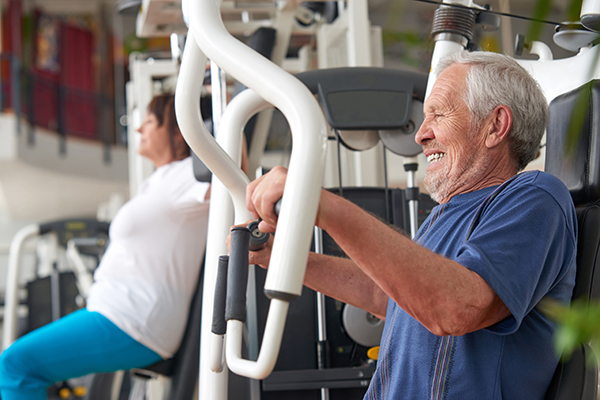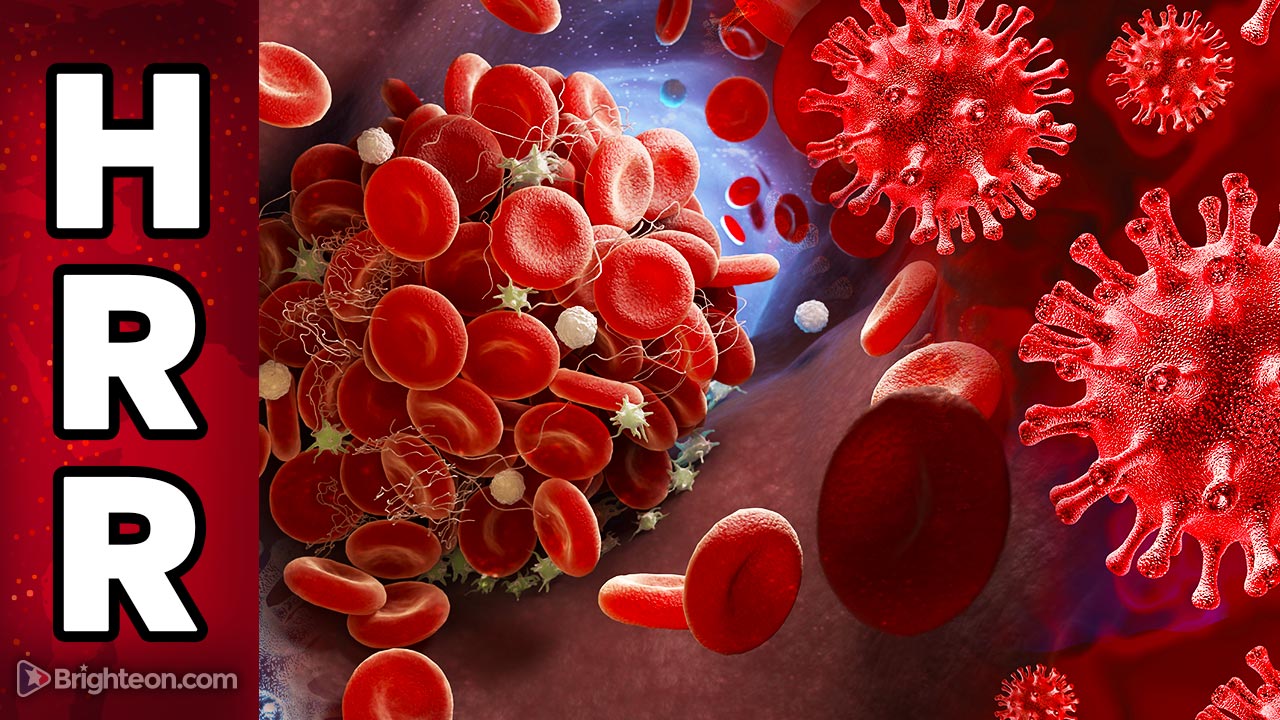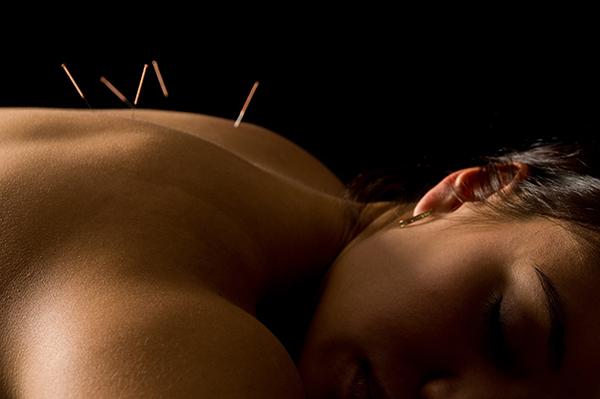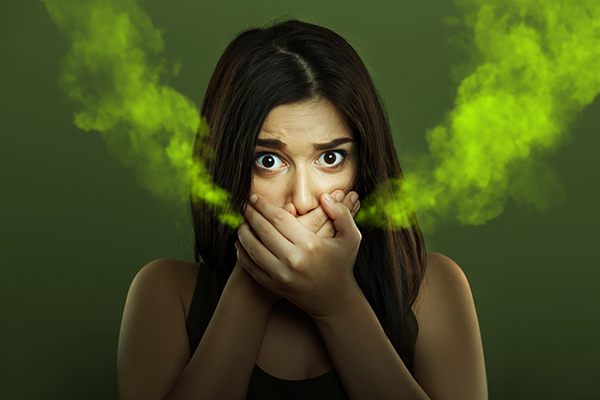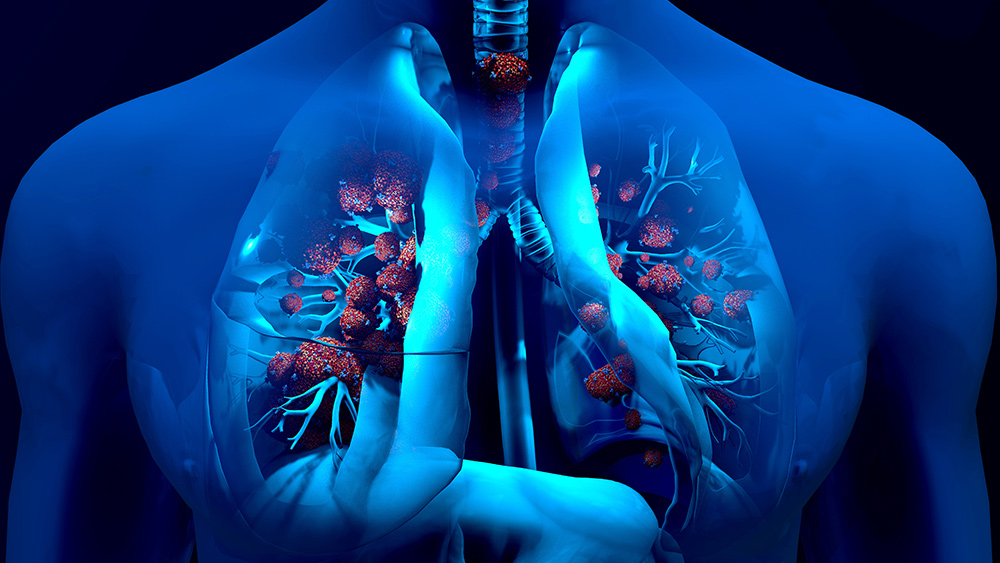Study: Acts of kindness toward others can help beat feelings of depression and anxiety
01/16/2023 / By Zoey Sky

A new study conducted by researchers from Ohio State University (OSU) has shown that acts of kindness toward other people can help fight feelings of depression and anxiety.
The research team found that performing good deeds can help improve mental health not seen in two other therapeutic techniques often used to treat depression and anxiety. Details of the study were published in The Journal of Positive Psychology.
Kindness, mental health and social connection
David Cregg, who led the research as part of his PhD dissertation in psychology at OSU, added that acts of kindness toward others were “the only studied mental health intervention that resulted in subjects feeling more connected with other people.” (Related: Are you feeling down? A digital detox can help improve your well-being, says experts.)
The results of the study also revealed that acts of kindness can help prevent depression and anxiety because when you help others, it can take your mind off the negative thoughts that would otherwise consume your attention.
Jennifer Cheavens, study co-author and professor of psychology at OSU, added that the study also suggests that a common perception many people share about others with depression may be wrong.
According to Cheavens, people often think that those with depression have enough to deal with and that it may be better not to burden them by asking them to help others. However, the results suggest that doing the opposite may offer benefits since helping others and focusing on their needs may help those with depression and anxiety “feel better about themselves.”
For the study, researchers worked with 122 people living in central Ohio with moderate to severe symptoms of depression, anxiety and stress.
After an introductory session, the volunteers were separated into three groups. Two of the cohorts were assigned to techniques often used in cognitive behavioral therapies (CBT) for depression: planning social activities or cognitive reappraisal.
- Those in the social activities group were instructed to plan social get-togethers for two days a week.
- Those in the cognitive reappraisal group were told to keep records for at least two days per week to help them pinpoint and change negative thought patterns to help reduce their depression and anxiety.
- The subjects assigned to the third cohort were told to perform three acts of kindness daily for two days a week.
The researchers defined an “act of kindness” as “big or small acts that benefit others or make others happy, typically at some cost to you in terms of time or resources.”
The volunteers reported different acts of kindness like baking cookies for friends, offering to drive a friend somewhere they needed to go and leaving sticky notes for roommates with encouraging words.
The cohorts followed their instructions for five weeks. After the five-week period, all participants were evaluated again.
The researchers also checked in with the volunteers after another five weeks had passed to verify if the interventions were still effective. They discovered that participants across all of the groups showed an increase in life satisfaction and a decrease in depression and anxiety symptoms after the 10-week study period.
Cregg said the results are promising since they suggest that “all three study interventions are effective at reducing distress and improving satisfaction.” However, acts of kindness still “showed an advantage over both social activities and cognitive reappraisal by making people feel more connected to other people,” which is crucial to your overall well-being.
Acts of kindness linked to social connectivity
The acts of kindness cohort also showed more improvements compared to the cognitive reappraisal group regarding both life satisfaction and symptoms of depression and anxiety.
Cheavens added that only participating in social activities was not enough to improve feelings of social connection in the study. The results showed that there is something specific about performing acts of kindness that makes people feel connected to others.
Cregg also explained that while they used CBT techniques in the study, it shouldn’t be considered a replacement for being in therapy. After all, those who try a full CBT treatment may achieve better results than those observed in the participants.
But even the limited behavioral therapy exposure given in this study proved helpful for many of the volunteers.
The researchers also emphasized that acts of kindness can also help build stronger feelings of social connection, which may be important if you are suffering from depression or anxiety.
Other natural ways to avoid depression and anxiety
Aside from spending time with your loved ones and performing acts of kindness, here are other natural ways to avoid depression and anxiety:
Avoid stress
Data has found a link between stress and depression or anxiety. Those who are susceptible to depression may have a higher risk of developing it if they have chronic stress.
Others are born with genetic factors that increase their risk while some people may develop a susceptibility during childhood due to factors like abuse or neglect.
A 2012 study conducted with veterinary students revealed that stress had an adverse impact on mental health, life satisfaction and general health.
While it isn’t always possible to avoid stress, here are some tips on how to manage your stress levels:
- Get enough sleep and rest.
- Learn to say “no” to additional demands.
- Rest and take breaks from work.
- Practice breathing exercises and meditation.
- Exercise regularly.
Follow a balanced diet
According to a 2019 study, following a nutritious diet may help prevent depression and boost mental well-being.
Study findings suggest that the following foods may help:
Fresh fruits and vegetables are rich in beneficial antioxidants that help protect your body from oxidative stress and cell damage.
You should also limit your intake of the following foods:
- Premade baked goods
- Red meat and meat products
- Trans fats
- Sugary desserts and sodas
According to data, processed foods may adversely affect gut microbiota, which could increase the risk of depression.
Exercise regularly
Studies suggest that physical activity can act as an antidepressant. Health experts also encourage doctors to include it as a treatment for depression.
According to a 2018 review, exercise is an “underutilized treatment” for depression. The authors suggested that it can help boost physical and mental well-being.
While depression can make it hard for some people to start exercising, a lack of activity can also make your symptoms worse. If your symptoms are bad, try to exercise for five minutes in the morning. Go for a quick walk, or find an activity you enjoy.
Take another five minutes in the afternoon and as your condition improves, gradually increase the time you exercise over the coming days and weeks.
Current guidelines recommend at least 150 minutes of moderate-intensity exercise each week. To keep things manageable, break this down into smaller sessions of five minutes, 10 minutes, 30 minutes and so on.
Visit BeatDepression.news for more tips on how to manage depression naturally.
Watch the video below to find out how depression and anxiety can affect your overall health.
This video is from the Finding Genius Podcast channel on Brighteon.com.
More related stories:
Compound in magic mushrooms found to work magic on depression symptoms.
Dr. Fab Manzini: Embracing CHANGE key to dealing with post-pandemic depression.
Nature therapy: Time in nature can now be prescribed as a healthcare treatment in Canada.
Sources include:
Submit a correction >>
Tagged Under:
alternative medicine, anxiety relief, beat depression, depression symptoms, health science, kindness, mental health, Mind, mind body science, natural cures, natural health, natural medicine, prevention, research, self-help, tips
This article may contain statements that reflect the opinion of the author
RECENT NEWS & ARTICLES
COPYRIGHT © 2017 PREVENTION NEWS



